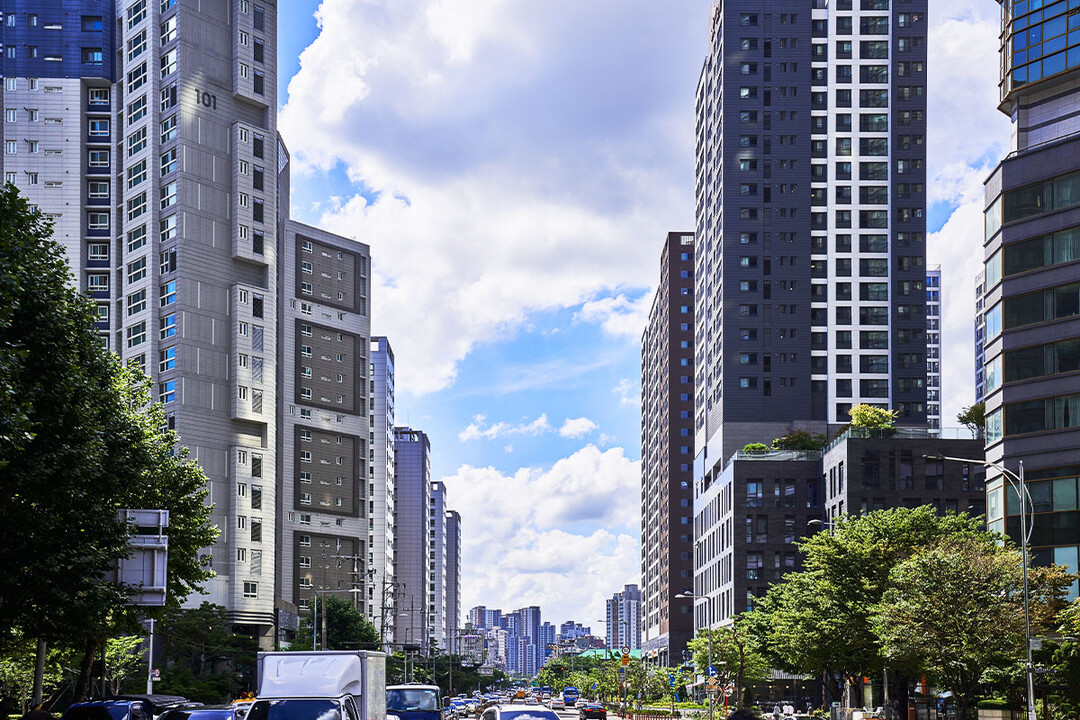
A recent study by the Bank of Korea (BOK) reveals that young adults' experiences with high inflation have significantly influenced their demand for real estate. The study found that a 1 percentage point increase in core experienced inflation leads to a 7.4 percentage point rise in homeownership probability among those under 30. This suggests that perceived inflation can stimulate the real estate market, complicating the BOK's monetary policy decisions amid trade-offs between price stability and financial stability.
The BOK's Economic Research Institute, in its report "Analysis of the Impact of Inflation Experience on Housing Demand," analyzed inflation experiences by age, marital status, and family size from 2000 to 2021. The findings indicate that core inflation, which excludes volatile food and energy prices, has a significant positive impact on homeownership probability.
Specifically, for those under 30, a 1 percentage point increase in core experienced inflation is predicted to raise the probability of owning a home by 7.4 percentage points. The BOK noted that for those aged 40 to 60, non-core inflation experiences did not yield statistically significant results, suggesting that inflation experiences do not necessarily lead to homeownership in these age groups.
The BOK attributed the recent surge in real estate purchases by young adults to factors such as expectations of interest rate cuts and real estate policy stances, as well as the overarching trend that higher inflation rates lead to decreased currency value and increased real estate value. The BOK also highlighted that the heightened demand for housing among those under 30 is a unique characteristic of South Korea compared to the United States.
Additionally, the study found that housing demand increased among men, married individuals, families with four or more members, and households with smaller total assets.
The BOK emphasized that policymakers should focus on stabilizing prices by addressing core inflation, which is primarily driven by demand-side factors, to prevent increased housing demand due to high experienced inflation.
[Copyright (c) Global Economic Times. All Rights Reserved.]



























